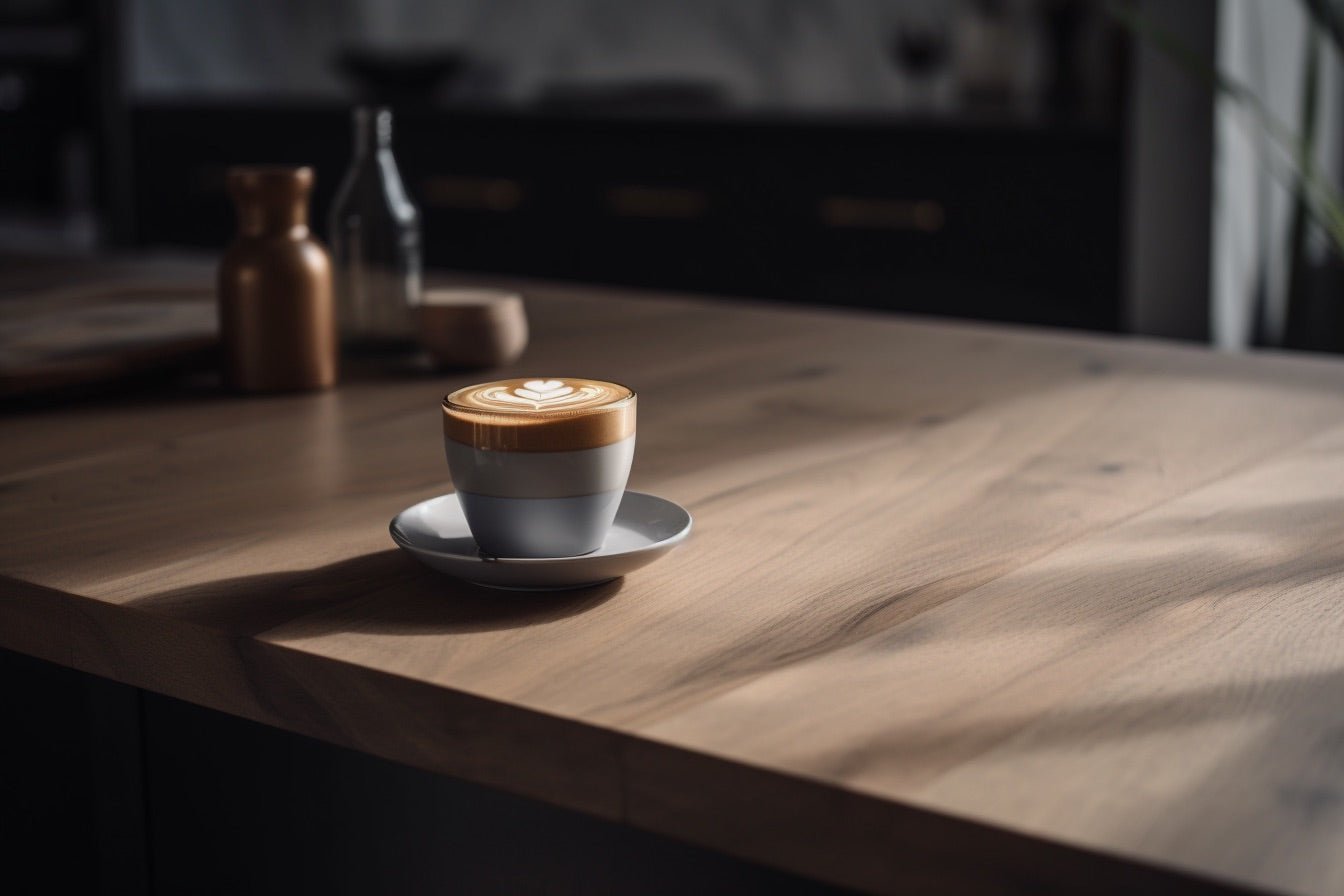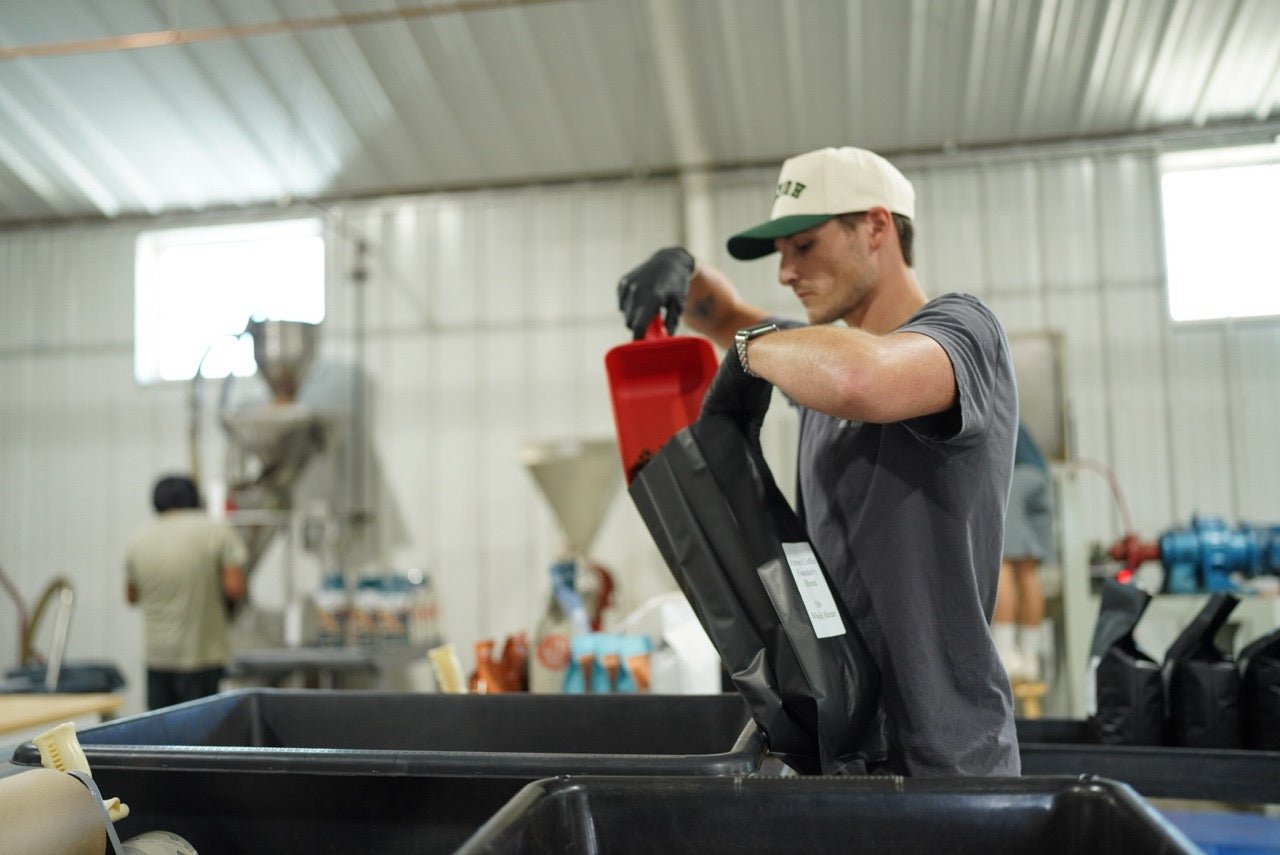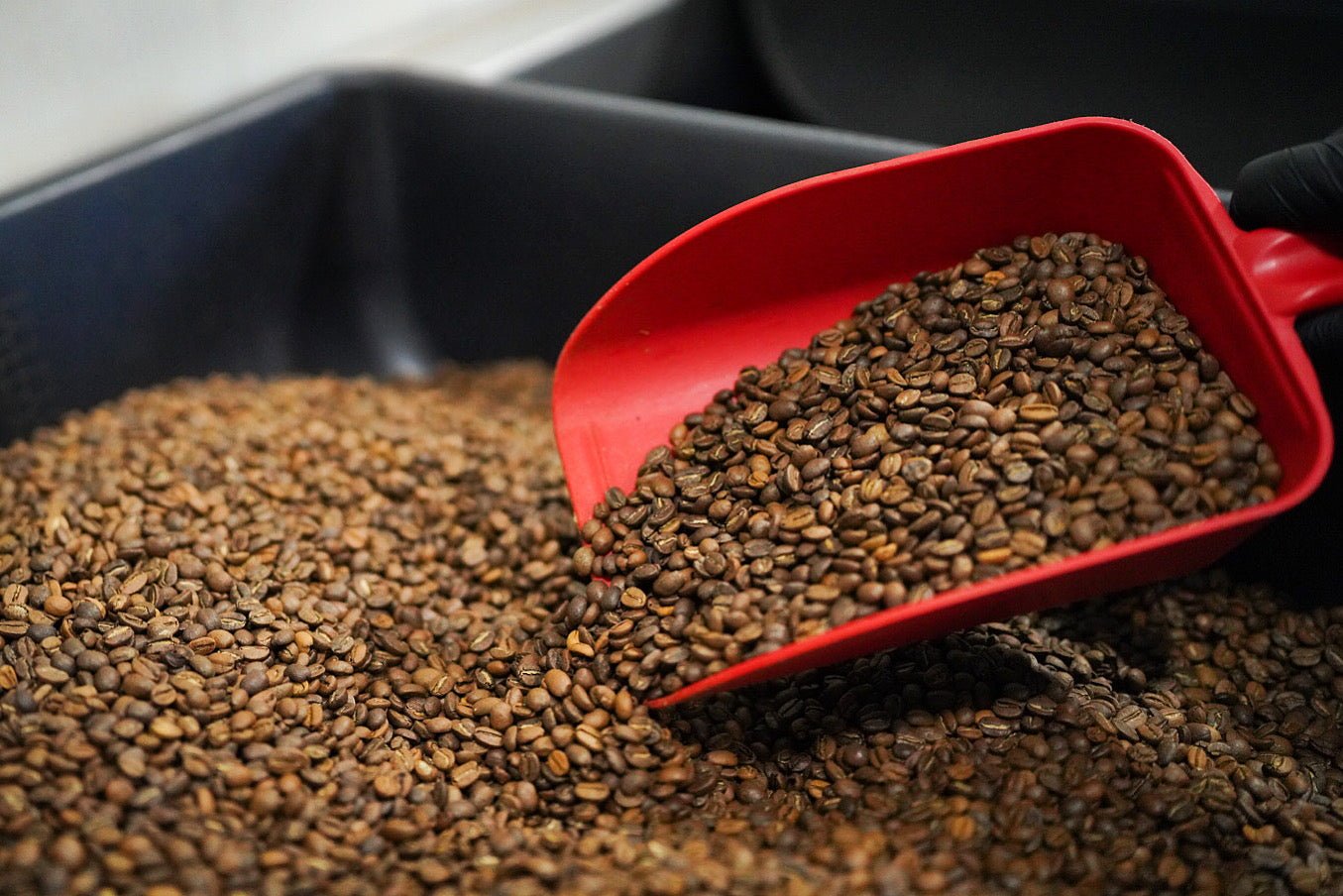Unraveling the Mystery of Coffee Freshness and the Factors That Influence How Long Your Brew Can Last
Coffee lovers know that there's nothing quite like a freshly brewed cup of joe to kickstart the day. But what happens when you have leftover coffee sitting out on the counter or in the pot? How long can it last before it loses its flavor, aroma, and potentially becomes unsafe to drink? In this article, we'll explore the factors that influence the freshness of your coffee and provide guidance on how long you can let your coffee sit out without sacrificing quality or safety.
Factors Influencing Coffee Freshness:
1. Brewing Method
Different brewing methods can affect the longevity of your coffee. For example, coffee made with a French press or pour-over tends to have more volatile oils and sediment, which can cause it to spoil more quickly. In contrast, drip coffee makers with paper filters remove more of these compounds, potentially allowing the coffee to stay fresh for longer.
2. Temperature
Temperature plays a crucial role in determining how long your coffee can sit out. Hot coffee will begin to cool and lose its desirable qualities more quickly than cold coffee. On the other hand, iced coffee or cold brew can maintain its freshness for several hours, especially when refrigerated.
3. Exposure to Air
Oxygen is one of the main culprits behind the deterioration of coffee flavor and aroma. The more your coffee is exposed to air, the faster it will become stale. A coffee carafe with a tight-fitting lid can help slow down this process by limiting the coffee's exposure to oxygen.
So, How Long Can Coffee Sit Out?
Now that we understand the factors that influence coffee freshness let's get to the burning question: How long can coffee sit out before it's no longer enjoyable or safe to drink? The answer depends on the specific circumstances, but here are some general guidelines:
- Hot Coffee: When it comes to hot coffee, freshness is paramount. Ideally, you should consume your brewed coffee within 30 minutes to an hour of brewing for the best flavor and aroma. After 1-2 hours, the coffee will likely become noticeably bitter and stale. Beyond 4 hours, bacterial growth becomes a concern, making the coffee potentially unsafe to drink.
- Iced Coffee or Cold Brew: Cold coffee beverages have a longer lifespan than their hot counterparts. When properly refrigerated, iced coffee or cold brew can maintain its freshness for up to 24 hours. However, it's essential to keep these beverages cold and sealed to prevent bacterial growth and maintain the best flavor.
While it's always best to enjoy your coffee as fresh as possible, understanding the factors that influence coffee freshness can help you make informed decisions about how long you can let your coffee sit out. In general, aim to consume hot coffee within 1-2 hours of brewing, and keep iced coffee or cold brew refrigerated and sealed to maintain freshness for up to 24 hours. By following these guidelines, you can savor every sip of your coffee without sacrificing flavor, aroma, or safety.


